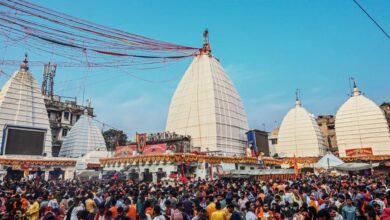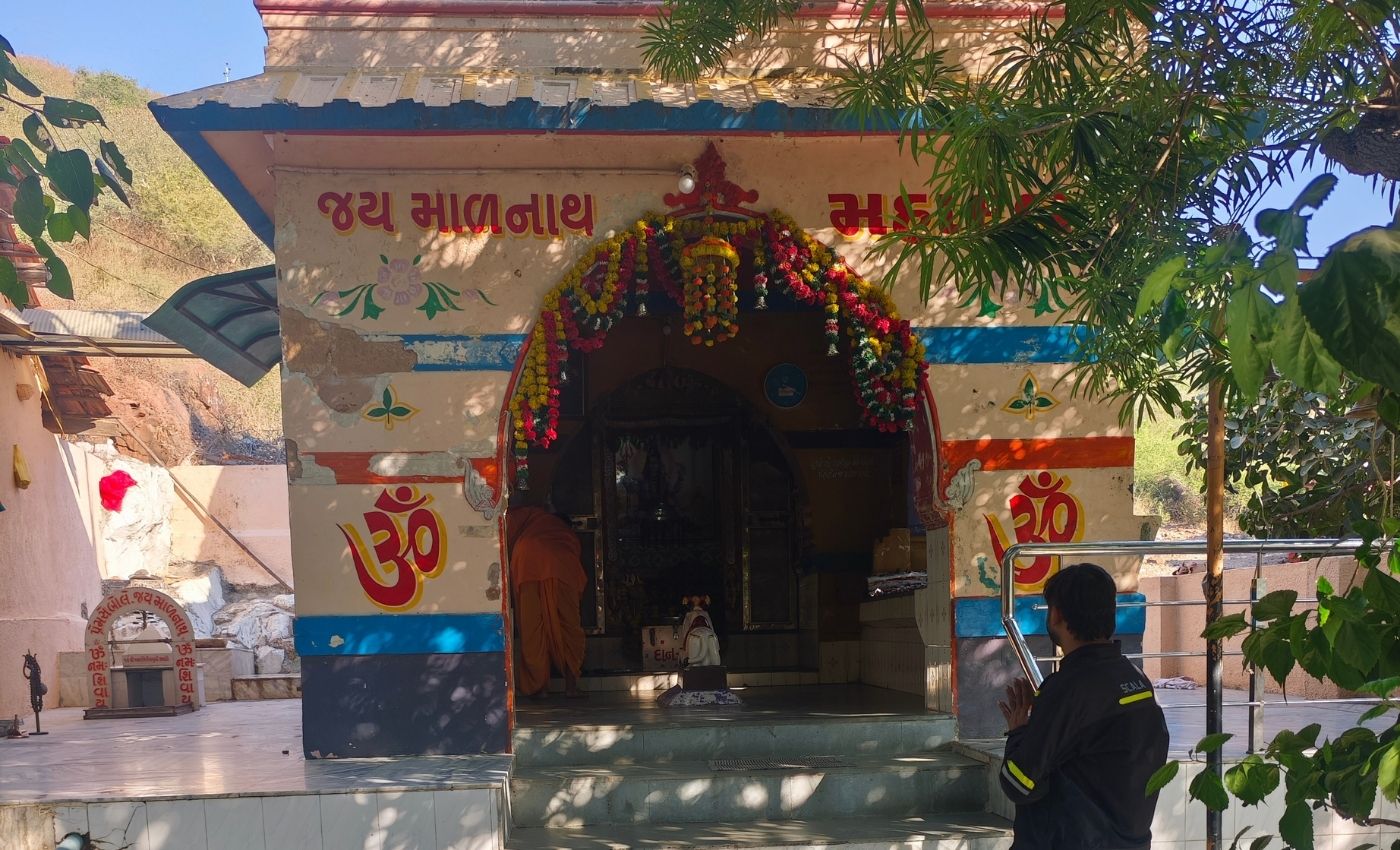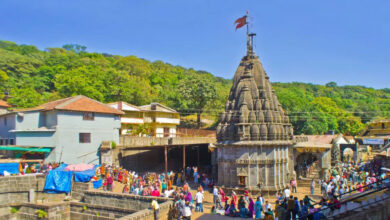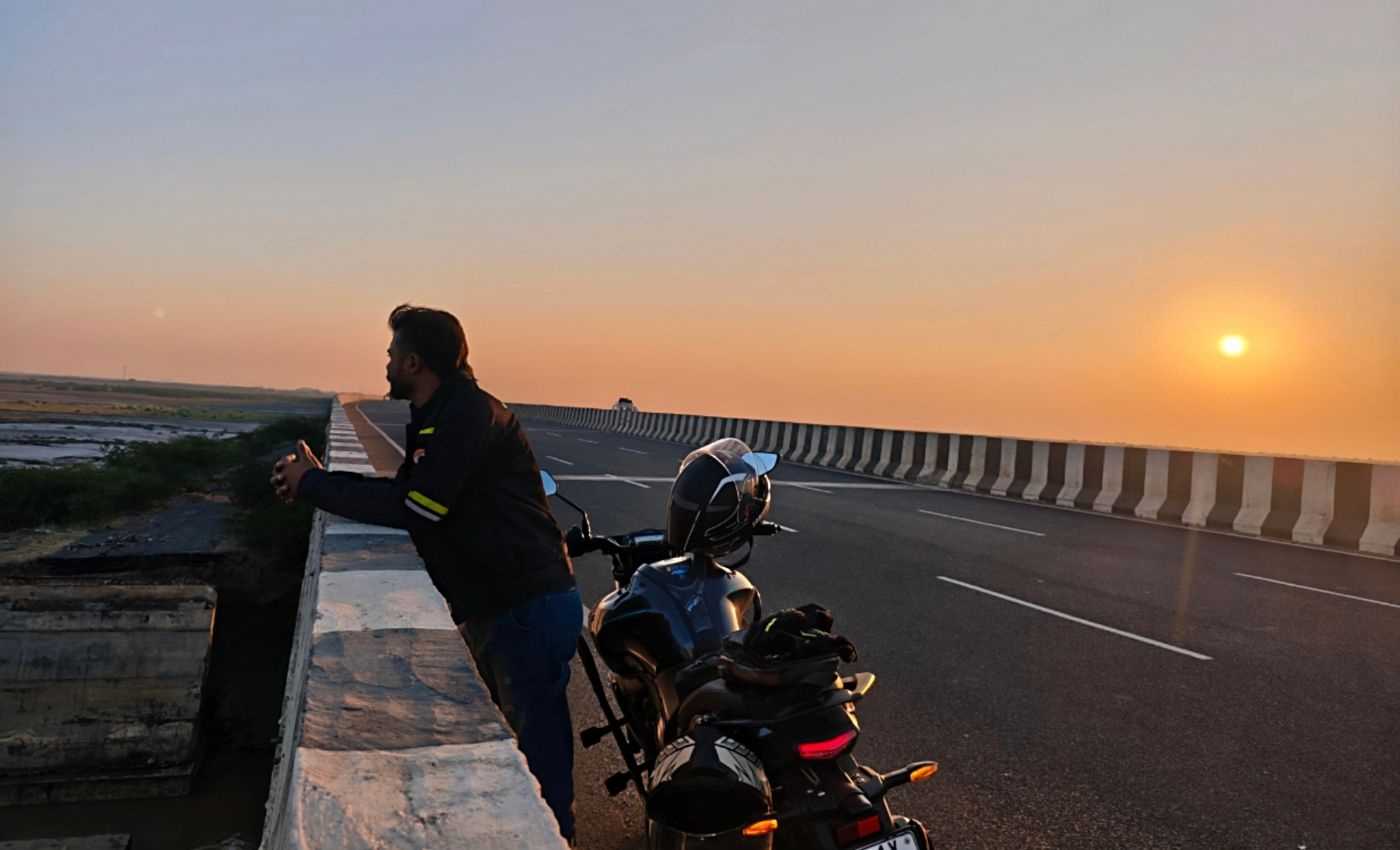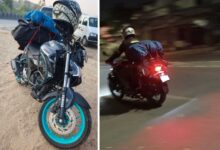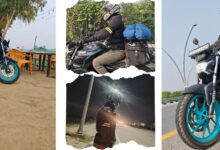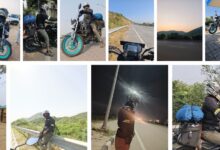Kalsubai Peak: The Everest of Maharashtra

Nestled in the heart of the Sahyadri mountain range, Kalsubai Peak stands tall as Maharashtra’s highest summit, earning its moniker as the “Everest of Maharashtra.” At 1,646 meters (5,400 feet), this majestic peak in Ahmednagar district is a pilgrimage for trekkers, offering a thrilling blend of adventure, natural beauty, and spiritual serenity. In 2025, the monsoon season (June to September) transforms Kalsubai into a verdant wonderland, with misty trails, cascading waterfalls, and sweeping views that make every step unforgettable. Whether you’re a seasoned trekker or a first-timer seeking a bucket-list adventure, Kalsubai promises an exhilarating journey. This blog dives deep into the trek’s allure, providing a comprehensive guide to help you conquer Maharashtra’s tallest peak in 2025.
Why Trek Kalsubai in 2025?
Kalsubai Peak is more than just a trek; it’s an immersion into the raw beauty of the Western Ghats during the monsoon. The rains cloak the landscape in vibrant greens, with wildflowers carpeting the slopes and clouds swirling below the summit, creating a surreal “above the clouds” experience. The trail, though challenging, is accessible to most fitness levels, thanks to well-defined paths and iron ladders on steeper sections. At the summit, the Kalsubai Temple, dedicated to the local deity, adds a spiritual dimension, while panoramic views of the Sahyadri range—dotted with peaks like Alang, Madan, and Kulang—reward your efforts. In 2025, expect improved trail maintenance and local facilities, making this adventure more inviting than ever.
Kalsubai Trek Overview
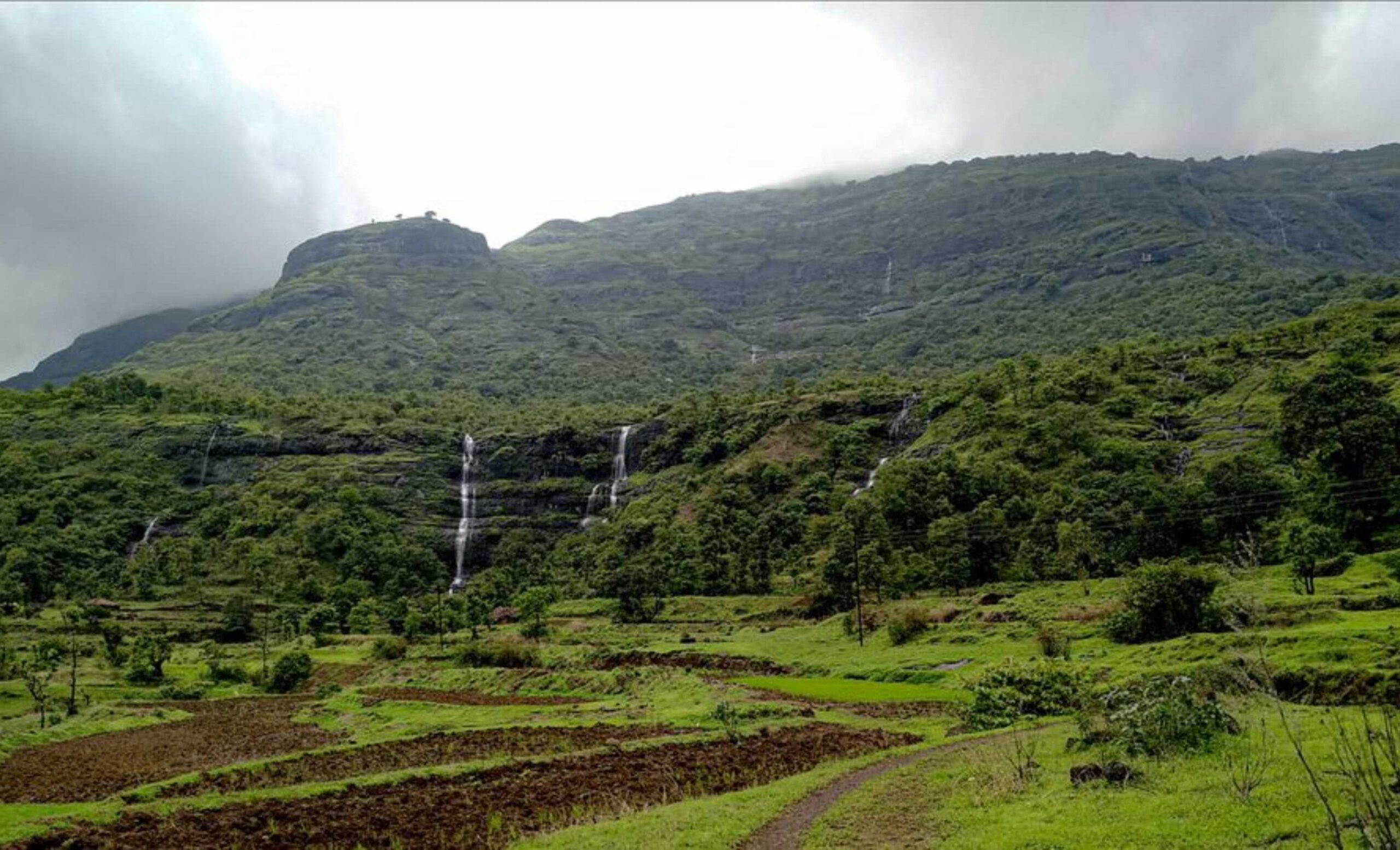
-
Location: Ahmednagar District, Maharashtra
-
Elevation: 1,646 meters (5,400 feet)
-
Difficulty: Moderate
-
Base Village: Bari
-
Trekking Duration: 3-4 hours ascent, 2-3 hours descent
-
Best Time: June to September (monsoon season)
-
Distance from Base: Approximately 6 km one way
-
Nearest Railway Station: Igatpuri (12 km from Bari)
The Journey to Kalsubai
Getting There
Your adventure begins with reaching Bari, the base village for Kalsubai. From Mumbai, take a local train to Igatpuri (approximately 2.5 hours from Mumbai CST) or Kasara (2 hours). From Igatpuri, hire a taxi or take a shared jeep to Bari village, a 12-km ride through winding roads and lush countryside. If you’re driving, the journey from Mumbai (150 km) or Pune (180 km) takes about 3-4 hours via NH160. In 2025, improved road connectivity and signages make accessing Bari easier, but book transport in advance during peak monsoon weekends.
Also Read : Trekking Paradise: Discovering Devkund’s Hidden Waterfall Gem
The Trail Experience
The trek starts at Bari village, a quaint hamlet surrounded by paddy fields and traditional mud houses. The trailhead is marked by a small arch, and local guides are often available for hire (recommended for first-timers). The path begins gently, winding through farmlands and grassy meadows that burst into vibrant hues during the monsoon. As you ascend, the trail enters dense forests, where the air is thick with the scent of wet earth and the sound of chirping birds.
The first hour is a steady climb, with occasional streams crossing the path—perfect for a quick splash or photo stop. Monsoon rains make these streams lively, so wear waterproof shoes with good grip. Around the halfway mark, the trail becomes rockier, with stone steps and narrow ridges. The highlight is the series of iron ladders fixed into the steeper sections, a unique feature that adds thrill while ensuring safety. These ladders, maintained by local authorities, are sturdy but can be slippery, so grip the railings and move cautiously.
As you near the summit, the mist thickens, and clouds often envelop the trail, creating a magical ambiance. The final push involves a short scramble to the Kalsubai Temple, a small shrine dedicated to Goddess Kalsubai, believed to protect the region. The summit offers a 360-degree view of the Sahyadri range, with rolling hills, misty valleys, and distant forts like Ratangad and Harishchandragad visible on clear days. In 2025, the monsoon’s intensity may vary, but early mornings often provide clearer views before the clouds roll in.
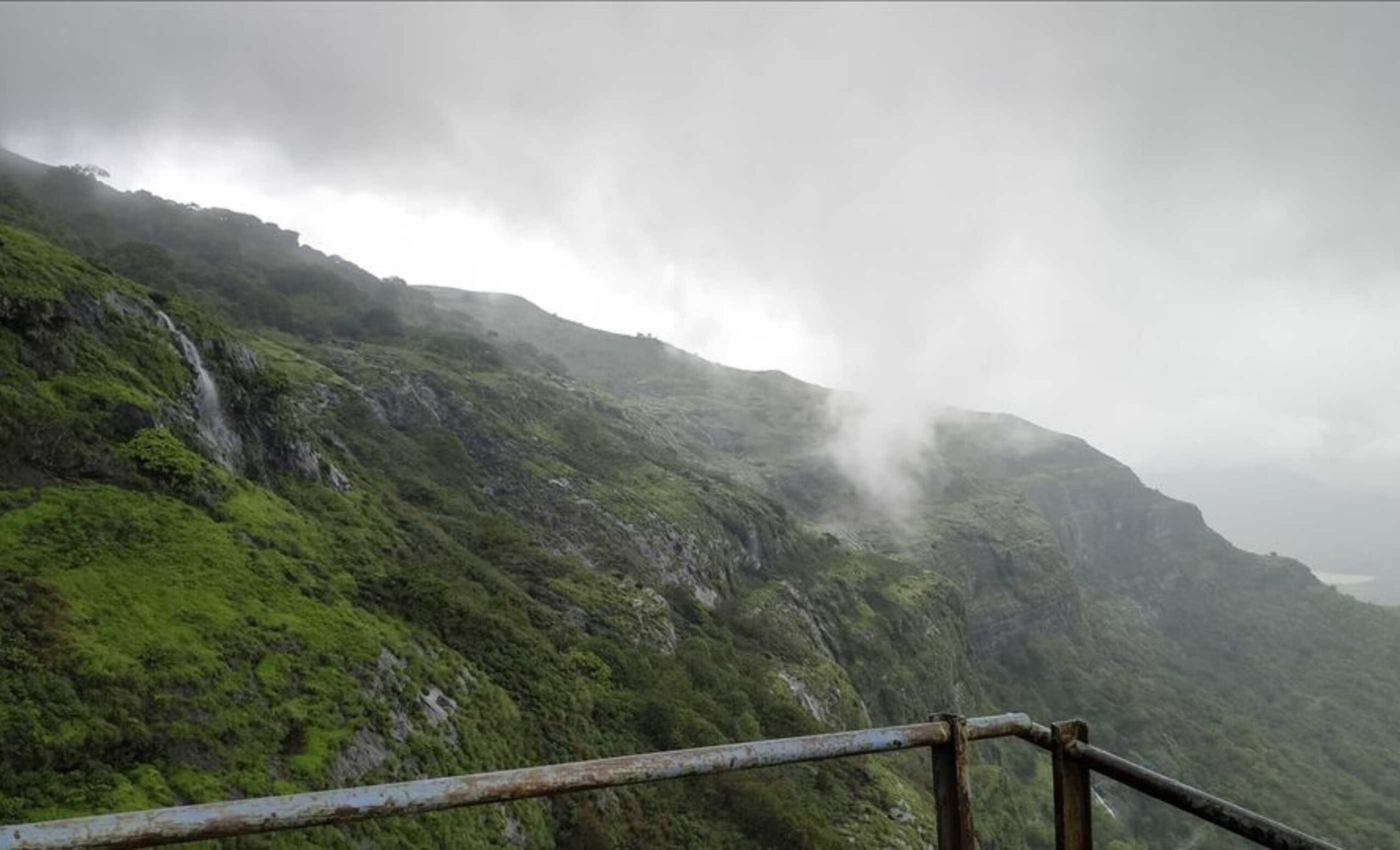
Descent and Return
The descent follows the same route, taking 2-3 hours depending on your pace. The ladders require extra care on the way down, especially in wet conditions. Many trekkers linger at the summit to soak in the views or enjoy a packed lunch, but start your descent by early afternoon to avoid evening rains. Back in Bari, local stalls serve hot chai and vadapav, perfect for refueling before heading home.
Historical and Cultural Significance
Kalsubai is steeped in history and folklore. The peak is named after Goddess Kalsubai, a deity revered by local tribal communities. Legend has it that Kalsubai, a young girl, fled to this mountain to escape hardship, and her spirit now guards the region. The temple at the summit is a pilgrimage site, drawing devotees alongside trekkers. Historically, Kalsubai was a strategic lookout point during the Maratha era, offering commanding views of the surrounding forts and valleys. The blend of spirituality and history adds depth to the trek, making it more than just a physical challenge.
What to Expect in 2025
The 2025 monsoon season is expected to bring ample rainfall, enhancing Kalsubai’s lush beauty. Recent efforts by local trekking groups and authorities have improved trail markings and ladder safety, making the trek more accessible. However, the monsoon also brings challenges like slippery rocks and leeches in forested areas. Local vendors in Bari have upgraded their offerings, with small eateries providing hygienic meals and basic camping facilities for those wishing to stay overnight. Community-led conservation initiatives are also promoting sustainable trekking, urging visitors to avoid littering and respect the ecosystem.
Read More : Wet and Wild: Maharashtra’s Top 10 Monsoon Trekking Destinations of 2025
Trekking Tips for a Safe and Enjoyable Adventure
-
Gear Up: Wear high-grip trekking shoes (e.g., Salomon or Decathlon’s Quechua range) to navigate slippery rocks. A waterproof backpack, raincoat, and windcheater are essential. Pack extra socks and a towel for wet conditions.
-
Stay Hydrated: Carry at least 2 liters of water per person. A portable water filter (e.g., Lifestraw) is handy for refilling from streams. Avoid sugary drinks or alcohol, which can dehydrate you.
-
Safety First: Trek with a group or hire a local guide (₹500-₹800 per group). Inform family or friends of your itinerary and carry a fully charged phone with a power bank. Save the Maharashtra Mountaineers Rescue Coordination Centre (MMRCC) helpline: 7620-230-231.
-
Monsoon Precautions: Check weather forecasts before heading out, as heavy rains can cause landslides or flash floods. Avoid the ladders during thunderstorms and start early (5-6 AM) to beat afternoon showers.
-
Leech Protection: Apply salt or Dettol to your shoes and socks to deter leeches. Carry a first-aid kit with antiseptic cream.
-
Pack Light: Bring energy bars, dry fruits, or a light lunch (e.g., thepla or sandwiches). Avoid heavy meals that slow you down.
-
Respect Nature: Follow the “Leave No Trace” principle—carry back all trash, including food wrappers and plastic bottles, to preserve Kalsubai’s pristine beauty.
-
Photography: A smartphone or DSLR with a rain cover is ideal for capturing the misty landscapes and waterfalls. Drones are restricted in some areas, so check local regulations.
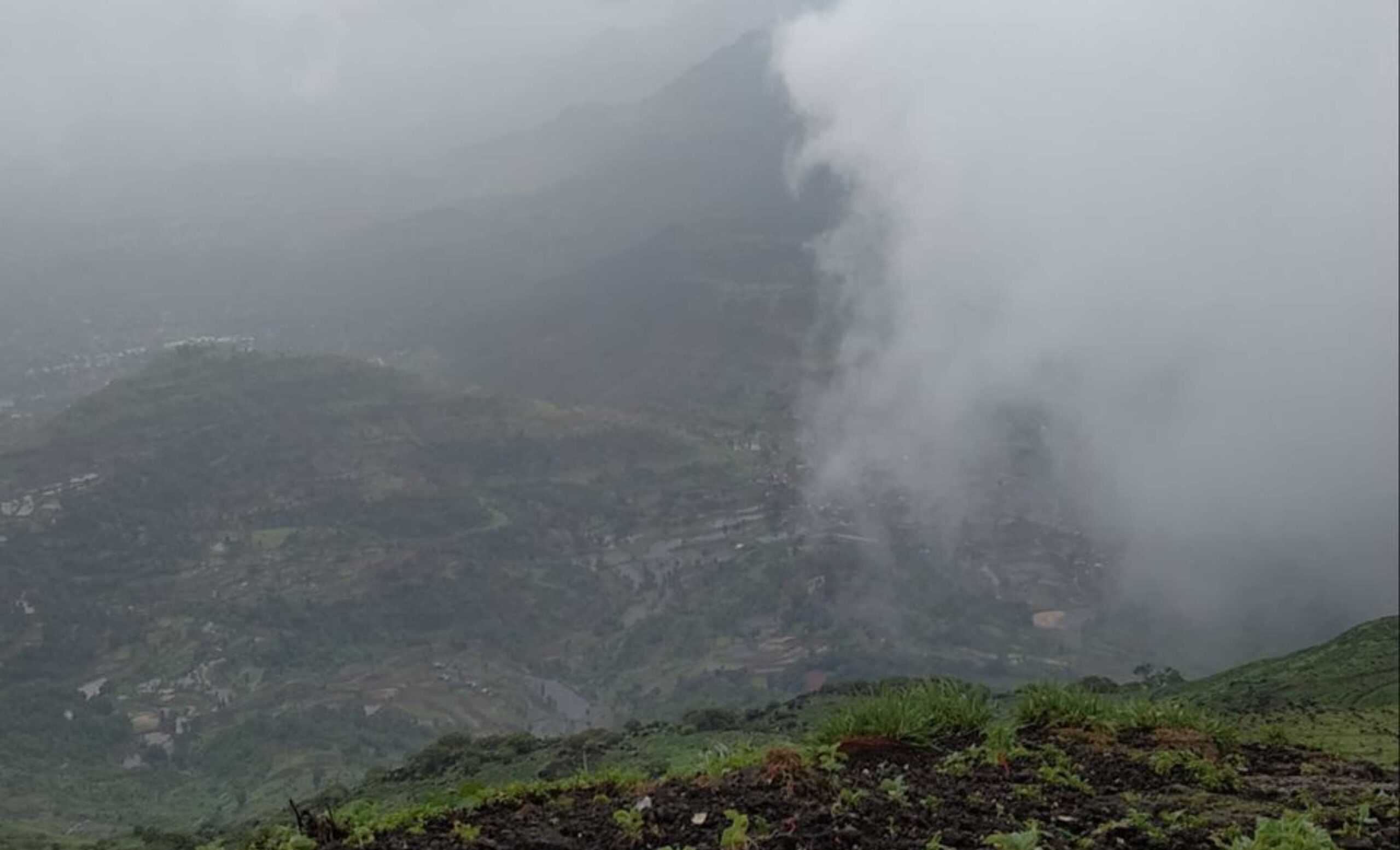
Related Blog : Harishchandragad Trek: The Cliffside Fortress of the Sahyadris
What to Pack
-
Trekking shoes with anti-slip soles
-
Raincoat or poncho
-
Waterproof backpack (20-30 liters)
-
2 liters of water and a water filter
-
Snacks (energy bars, nuts, fruits)
-
First-aid kit (bandages, antiseptic, painkillers)
-
Extra socks and a small towel
-
Headlamp or flashlight (for early starts or late descents)
-
Lightweight jacket or windcheater
-
ID proof and some cash (digital payments are limited in Bari)
Nearby Attractions
If you have extra time, explore these spots near Kalsubai:
-
Bhandardara Lake (30 km): A serene lake surrounded by hills, perfect for a post-trek picnic.
-
Ratangad Fort (20 km): A moderate trek with historical ruins and stunning Sonki flower blooms in late monsoon.
-
Sandhan Valley (25 km): A challenging canyon trek for adventure enthusiasts, best in early monsoon.
Why Kalsubai is a Must-Do in 2025
Kalsubai Peak is more than a trek—it’s a journey into the heart of Maharashtra’s wilderness. The monsoon of 2025 will amplify its allure, with misty trails, vibrant greenery, and the thrill of standing atop the state’s highest point. Whether you’re chasing adventure, seeking solitude, or connecting with nature, Kalsubai delivers an experience that lingers long after you’ve descended. The combination of physical challenge, spiritual serenity, and breathtaking views makes it a bucket-list trek for every adventurer.
For a seamless experience, consider joining a guided trek with operators like Trekhievers (www.trekhievers.com) or Maharashtra Trekking Association, which offer packages including transport, guides, and meals (₹1,500-₹2,500 per person). Solo trekkers can connect with local guides in Bari for a more personalized adventure.
Pack your gear, embrace the rain, and conquer Kalsubai Peak in 2025—an adventure that promises to elevate your spirit as high as its summit!

